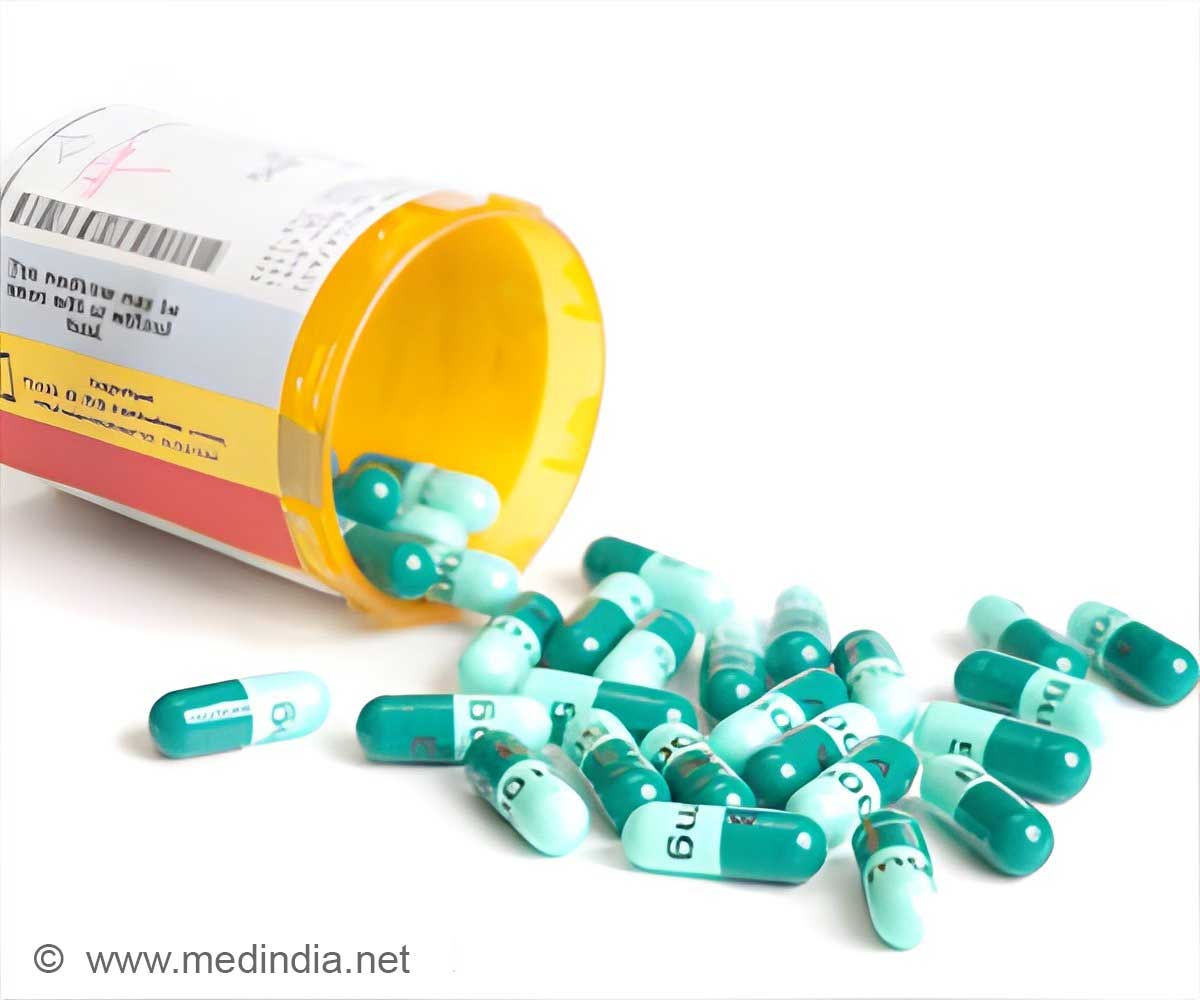
Frequently, health insurance providers reject coverage for newly developed medications targeting obesity and type 2 diabetes in children and adolescents, leaving numerous patients unable to access vital treatments due to financial constraints. ()
The medications, called GLP-1 receptor agonists (GLP1Ra), are often denied despite being approved by the U.S. Food and Drug Administration, especially if children do not have type 2 diabetes, the researchers found.
GLP1Ra drugs include liraglutide (Victoza, Saxenda). The researchers wanted to evaluate the real-world prescription outcomes of these medications at a large children’s hospital. They studied 599 children, with an average age of 15, who were prescribed a GLP1Ra. Three-quarters had type 2 diabetes, and 58% had public insurance.
Insurance Hurdles Impede Access to GLP1Ra Medications for Youth with Obesity and Type 2 Diabetes
“We found insurance denied the GLP1Ra prescriptions in 64% of patients with obesity and 32% of patients with type 2 diabetes,” said lead researcher Gabriel Castano, M.D., of Texas Children’s Hospital Baylor College of Medicine in Houston, Texas. “The lack of insurance approval severely limits GLP1Ra use in the children who truly need the medications.”
In patients with type 2 diabetes, private insurance denied 54% of the prescriptions, while Medicaid denied 27%. In patients without type 2 diabetes, private insurance denied 55%, and Medicaid denied 69% of prescriptions.
Patients taking liraglutide start at a lower dose and gradually increase until they reach the full prescribed dose, a process called titration. The study found that in children with type 2 diabetes, 33% took longer than recommended to reach the prescribed treatment dose, and 17% never reached the treatment dose. For patients with obesity, less than half were able to reach their prescribed dose.
“This has significant clinical implications since the expected improvements with the use of GLP1Ra in weight or glucose control are likely dose-dependent,” Castano said. “If patients are unable to reach the prescribed dose, they will likely not experience the full beneficial effects of the medication.”
Advertisement
Most patients had no or mild side effects. However, two patients developed severe pancreatitis while on liraglutide, a side effect that has not been reported before, Castano added.
“Our research shows that GLP1Ra medications are difficult to get for the patients who need them, patients may not be able to follow the recommended titration regimen when starting a GLP1Ra, and additional side effects may be possible than what has been reported previously,” he said.
Advertisement
Reference:
- Insurance often denies GLP-1 medications for teens with type 2 diabetes, obesity – (https://www.endocrine.org/news-and-advocacy/news-room/2024/endo-2024-press-castano)
Source-Eurekalert


